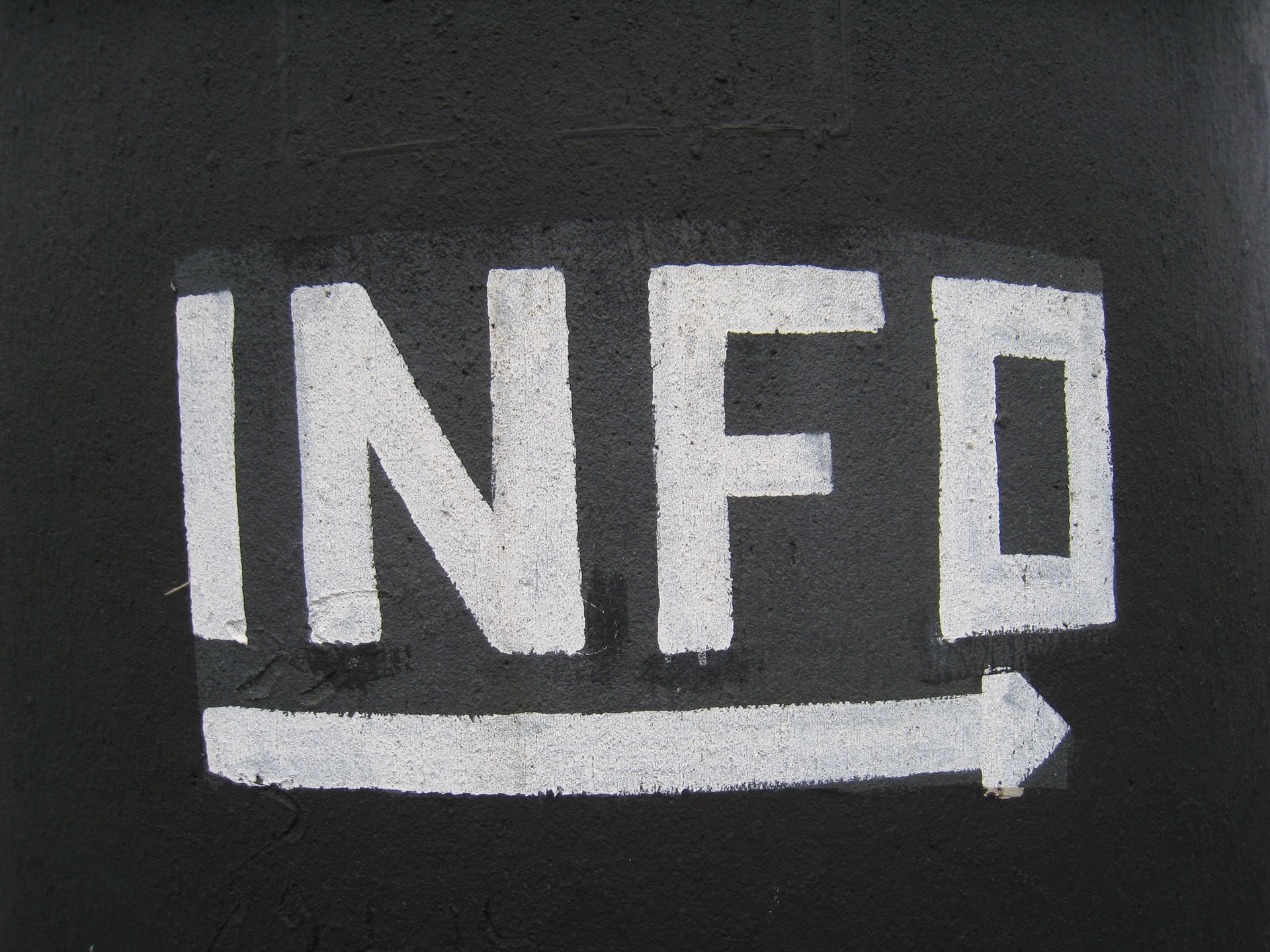By Paolo Cavaliere
In my last blog, I explored the ‘infodemic’ surrounding COVID-19, which sees citizens caught in a growing swirl of information about the pandemic, some of which is intentionally or unintentionally misleading. In the midst of a pandemic, such misinformation and disinformation can be deadly. It is clear that something needs to be done to help citizens navigate this infodemic but what does a good intervention look like? And who can be trusted to take it?
Some might argue that this infodemic requires active intervention from the state to control the flow of information, through emergency laws that limit the freedom of the media during the crisis and harsh penalties for the spreading of ‘fake news’. But, as I emphasized in my last blog, such legislation is open to abuse and does little to tackle the trust issues that shape what information people seek out, and what they believe. There is also the risk that emergency legislation normalises the compression of rights long after a crisis has passed. Governments must take a more sustainable and inclusive approach, which maximises people’s freedoms whilst protecting their right to health. Drawing on the work of the UN’s Special Rapporteur on Freedom of Expression and civil society organisations, I highlight four principles that can guide the decisions of policy- and law-makers throughout the different phases of the crisis: proactiveness, openness, collaboration and trustworthiness.
The first principle to guide public authorities’ responses should be proactiveness. UNESCO invited governments to improve their communicative efforts to counter the spread of disinformation with accurate information, and proactively disclose information. Freedom of information laws will play an important role in this. Whilst the UN Special Rapporteur on Freedom of Expression also acknowledged that public authorities’ capacity to meet demands could be temporarily disrupted, countries should avoid suspending mechanisms like Freedom of Information requests altogether. At the same time though, public information cannot be a substitute for a strong free media sector.
The principle of openness should underpin the public authorities’ approach to the media industry. The international NGO Article 19 urged state authorities to refrain from passing repressive media laws and foster instead an environment conducive to the free flow of information by ensuring strong protections for whistleblowers, journalists and media pluralism. The Special Rapporteur also stressed the importance of public measures to protect and promote independent media, especially at a time when journalists are being targeted more than ever. For its part, the media industry must adhere to the highest ethical standards and proactively reporting on disinformation, propaganda and discrimination in order to counter it.
The third principle of cooperation concerns the role of information technology in the pandemic. The UN Special Rapporteur on Freedom of Expression stressed that Internet access formed a critical component of the individuals’ right to seek health information online. General Comment No. 14 highlights even more explicitly that the right to health includes a state’s obligation to ‘ensure that third parties do not limit people’s access to health-related information and services’ (para. 35). The quality of information available on digital platforms also deserves attention. The EU Code of Practice on Disinformation envisages increasingly active roles for digital platforms as information gatekeepers. This can, however, be a resource-heavy burden for platforms to carry, particularly when dealing with reporting in the midst changing and developing field of knowledge. Responsible decision-making on content demands that platforms do not automate their content curation; that they invite independent auditing, as Access Now recommended; that they maintain clear content policies, and interact transparently as necessary with public bodies.
Finally, the principle of trustworthiness focuses on privacy and data protection. General Comment No. 14 stresses that ‘accessibility of information should not impair the right to have personal health data treated with confidentiality’ (para. 12b) and state authorities have a duty to make ‘available relevant technologies, using and improving epidemiological surveillance and data collection on a disaggregated basis’ (para. 16). These two provisions are crucial to reflect on as governments seek to improve their contact tracking. The UN Special Rapporteur on Freedom of Expression recommended that the collection of personal data for public health surveillance needs to be accompanied by strict guarantees, time limitations, and a right to know the outcomes of such collection.
Put together, these guidelines enable governments to try and responsibly approach the question of information management. Any attempt to police misinformation and disinformation during the crisis without a nuanced understanding of the issues involved will lead to interventions that are ineffective and, at worst, actively harmful.
Read Paolo Cavaliere’s first blog: Fake News and Media Freedom During the Covid-19 Pandemic
Paolo Cavaliere is Lecturer in Digital Media & IT Law at Edinburgh Law School
(Photo by Giulia May on Unsplash)

